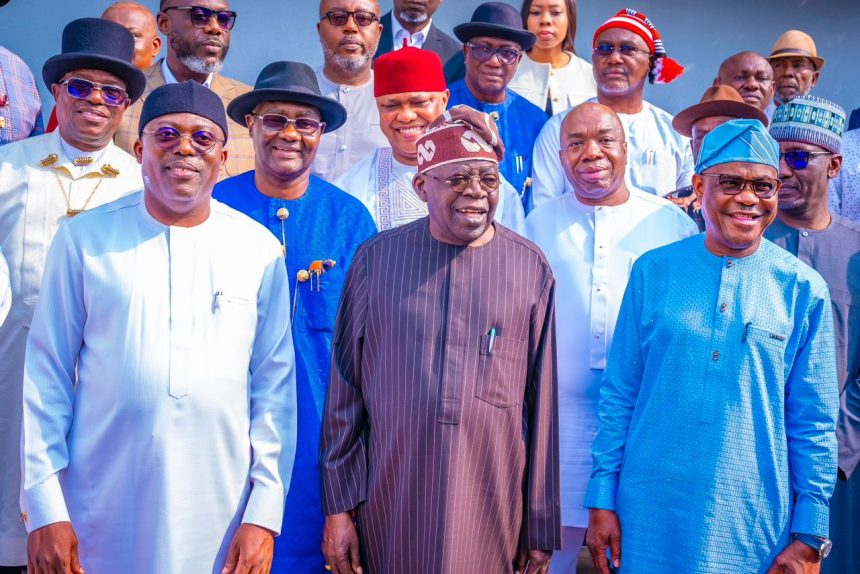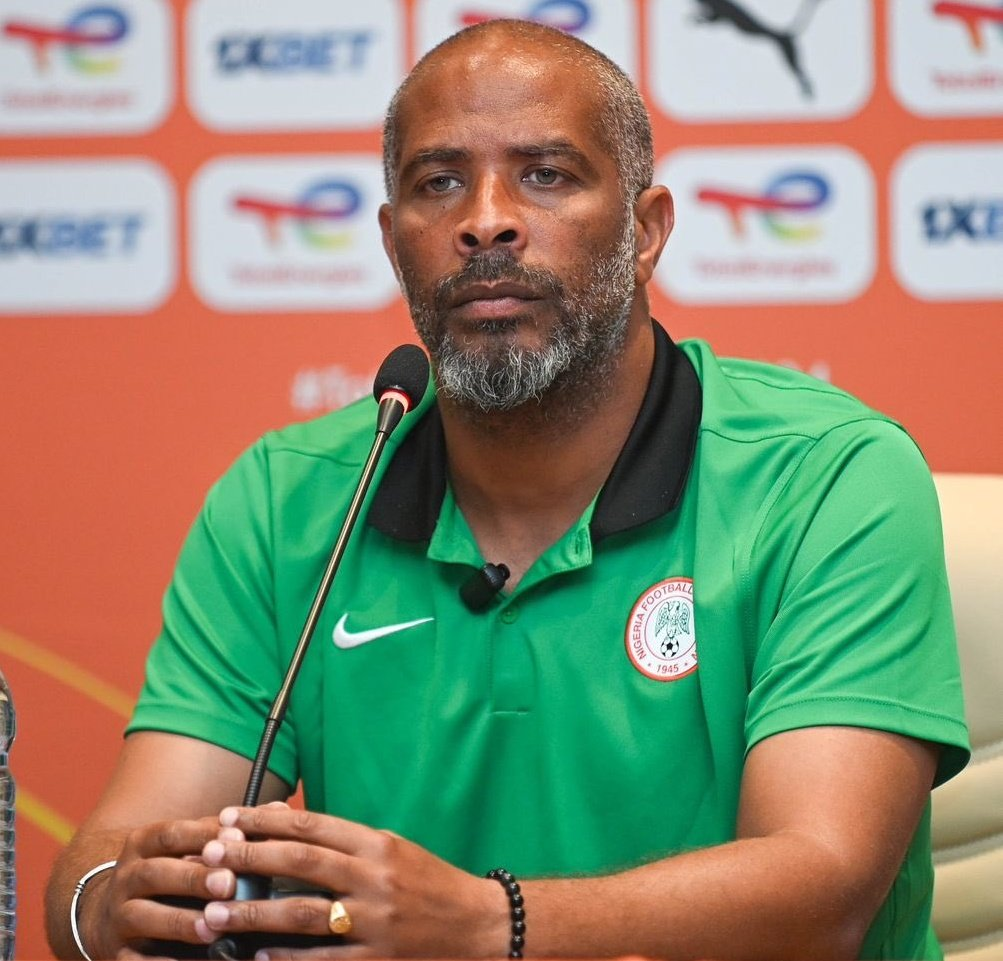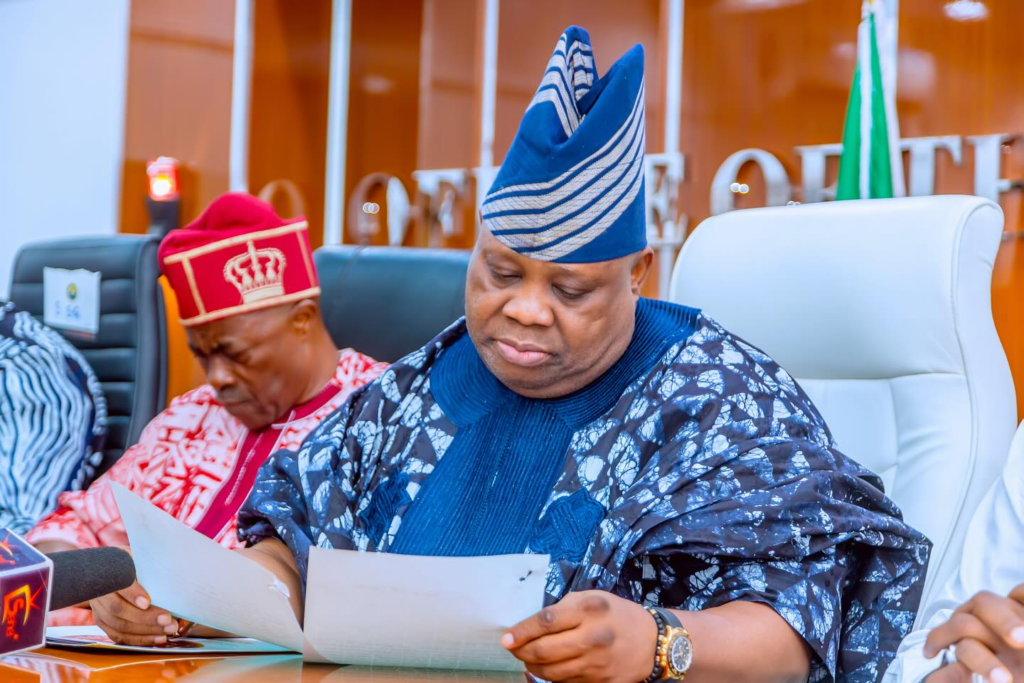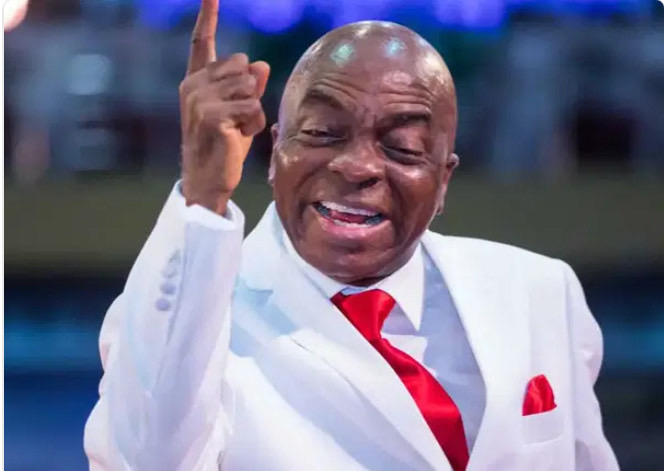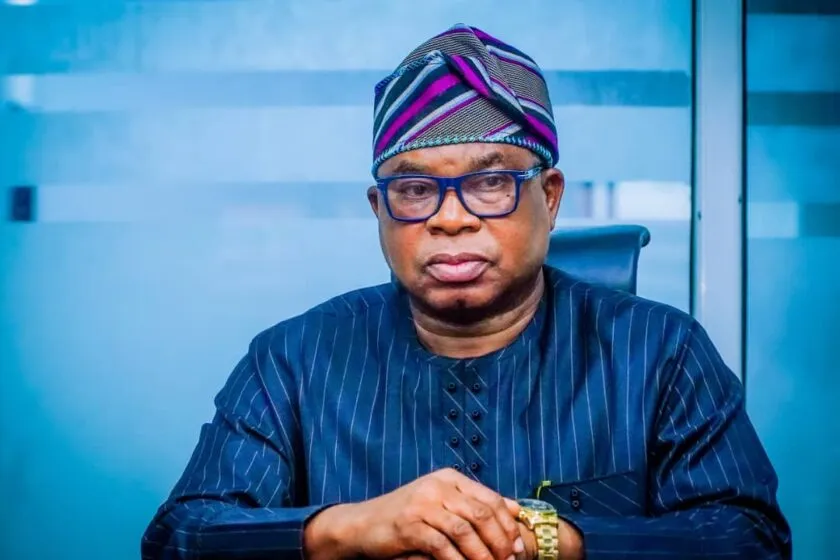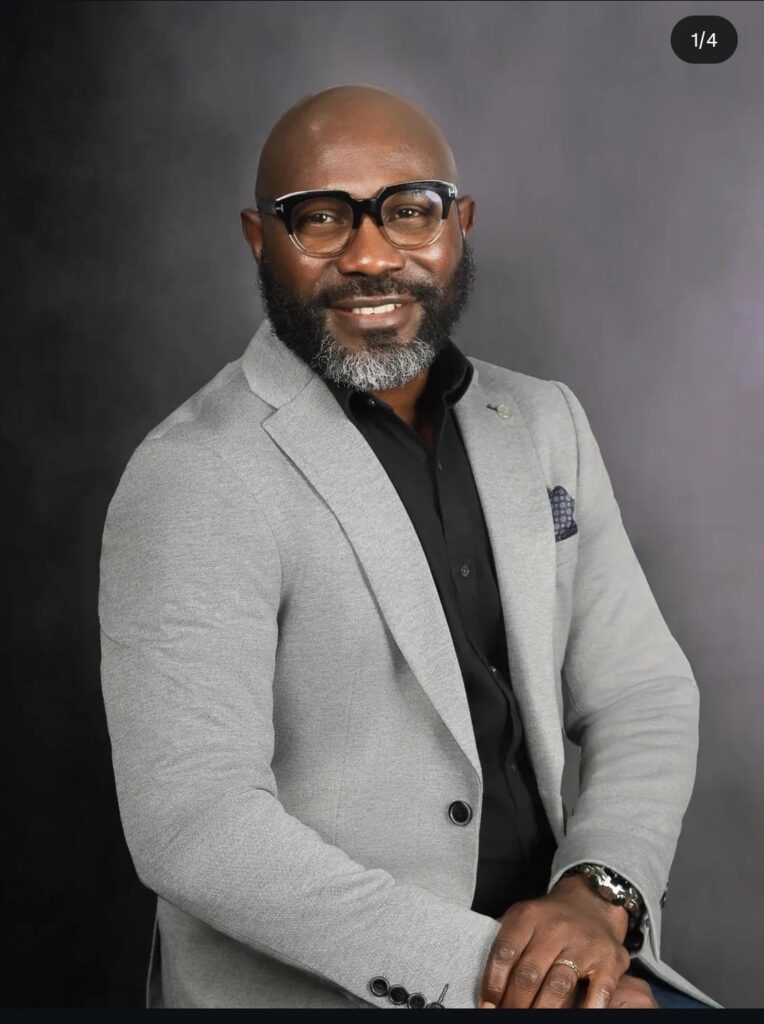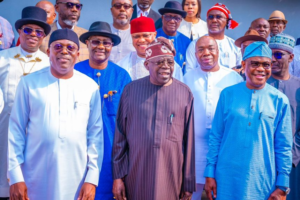Germany’s Christian Democrats will elect a new chairman on Saturday, aiming to unite their conservative party behind a new leader who they hope can succeed Angela Merkel as chancellor when she steps down after federal elections in September.
At stake is the leadership of Europe’s biggest economy in the era after Merkel, who has pledged not to run again after becoming Europe’s predominant leader since taking office in 2005 and proving a winner with German voters.
The new CDU leader will be elected by 1,001 delegates at a digital congress. By tradition, the leader is usually – though not always – the chancellor candidate for the CDU’s “Union” with its Bavarian sister party, the Christian Social Union (CSU).
Centrist Armin Laschet, arch-conservative Friedrich Merz and foreign policy expert Norbert Roettgen are vying for the CDU leadership.
However, polls show Markus Soeder, the CSU leader, is the voters’ choice. Some CDU legislators want dynamic Health Minister Jens Spahn to run for chancellor, though he has backed Laschet for the party leadership.
The three declared CDU candidates all contrast with Merkel.
Roettgen, 55, the eloquent chairman of parliament’s foreign affairs committee, wants Germany to take a firmer stance with Russia and China.
Merz, 65 and an old Merkel rival, has targeted European Central Bank policy and is less diplomatic.
Laschet, 59, who has polished his international profile, complains Berlin has taken “too long to react” to French calls for European Union reform.
Roettgen has suggested that, if elected CDU leader, he could support Soeder, Bavaria’s minister president, to run as a chancellor candidate for their alliance.
Soeder, 54, has shifted from the right towards the moderate centre of late. He has played coy about his ambitions – “My place is in Bavaria” has been his repeated refrain.
Carsten Nickel at Teneo, a political risk consultancy, said Soeder’s deft move towards the centre-ground could make him the ideal candidate to lead a coalition with the ecologist Greens.
“But of course, the true challenges will arise when liberal and conservative demands clash,” Nickel added.
Merkel has pressed her party to remain rooted in the centre-ground, signalling her preference for a moderate candidate.
At the opening of the two-day congress which had been forced online by the pandemic, Merkel indicated her rejection of Merz as she urged delegates to stay the centrist course.
“As a people’s party of the centre, we naturally seek solutions that balance out conflicts and always promote … social cohesion,” she said on Friday.
“This has always distinguished us as a governing party,” added Merkel.
Giving a further hint of her choice, Merkel said she hoped that “a team will be elected that will take the fate of our proud party in its hands.”
While she did not name names, the call appeared to indicate support for Laschet, who has campaigned on a joint ticket with Health Minister Jens Spahn as his deputy.
Merkel had previously already said the Laschet “has the tools” to be chancellor.
She had already given up the party’s chairman job in 2018 but her preferred successor Annegret Kramp-Karrenbauer was forced to step down for her handling of a regional election scandal.
With the pandemic dominating the discourse in recent months, no candidate stands out in the battle for the chairman post of the party that has dominated German politics for 70 years.
Support for Merkel’s chancellorship plummeted after Germany kept open its borders in 2015 to a mass influx of refugees, dividing society and leading to the rise of the far right.
But in the twilight of her reign, Merkel’s popularity has soared again thanks to her handling of the coronavirus pandemic, making it increasingly difficult for Germans to imagine political life without her.





